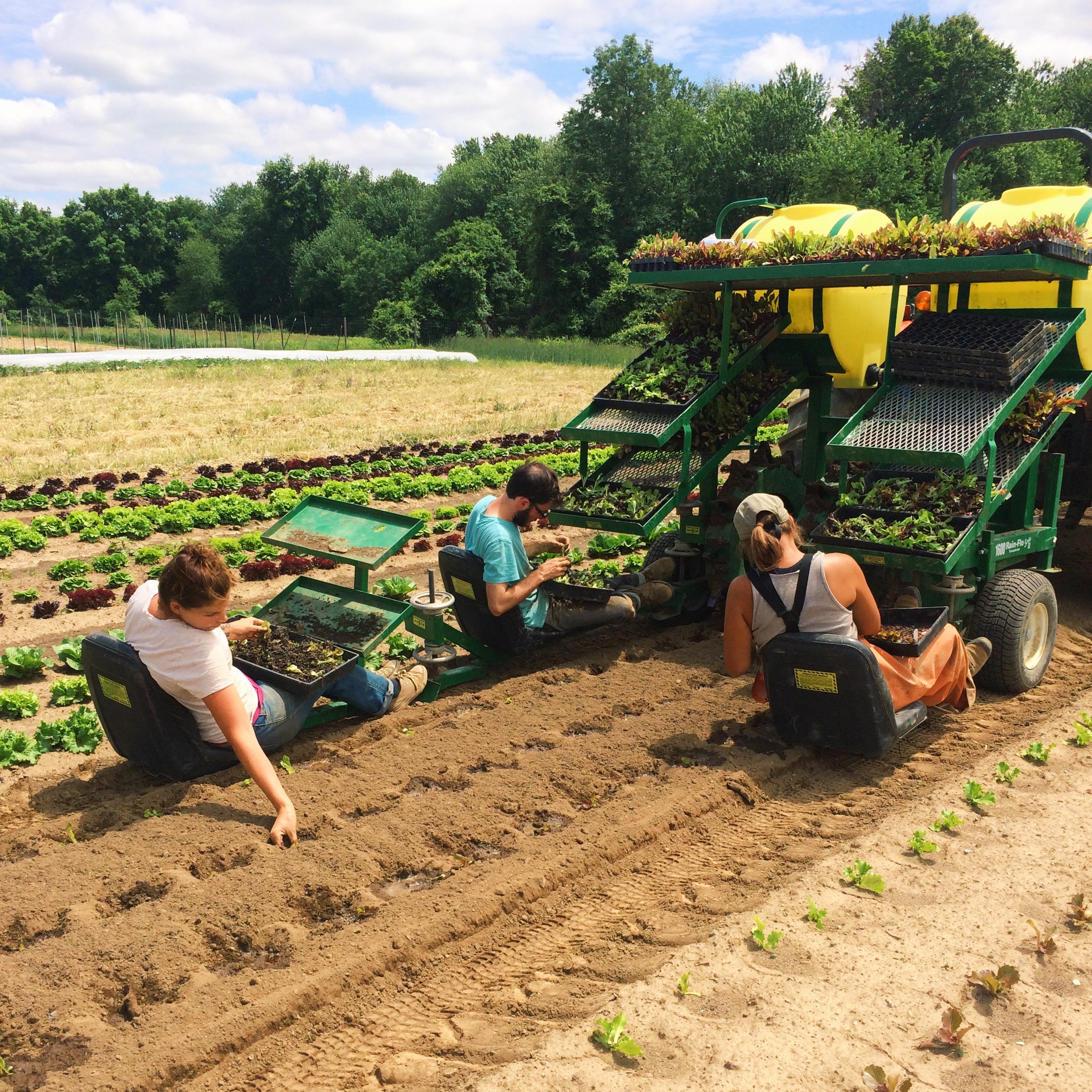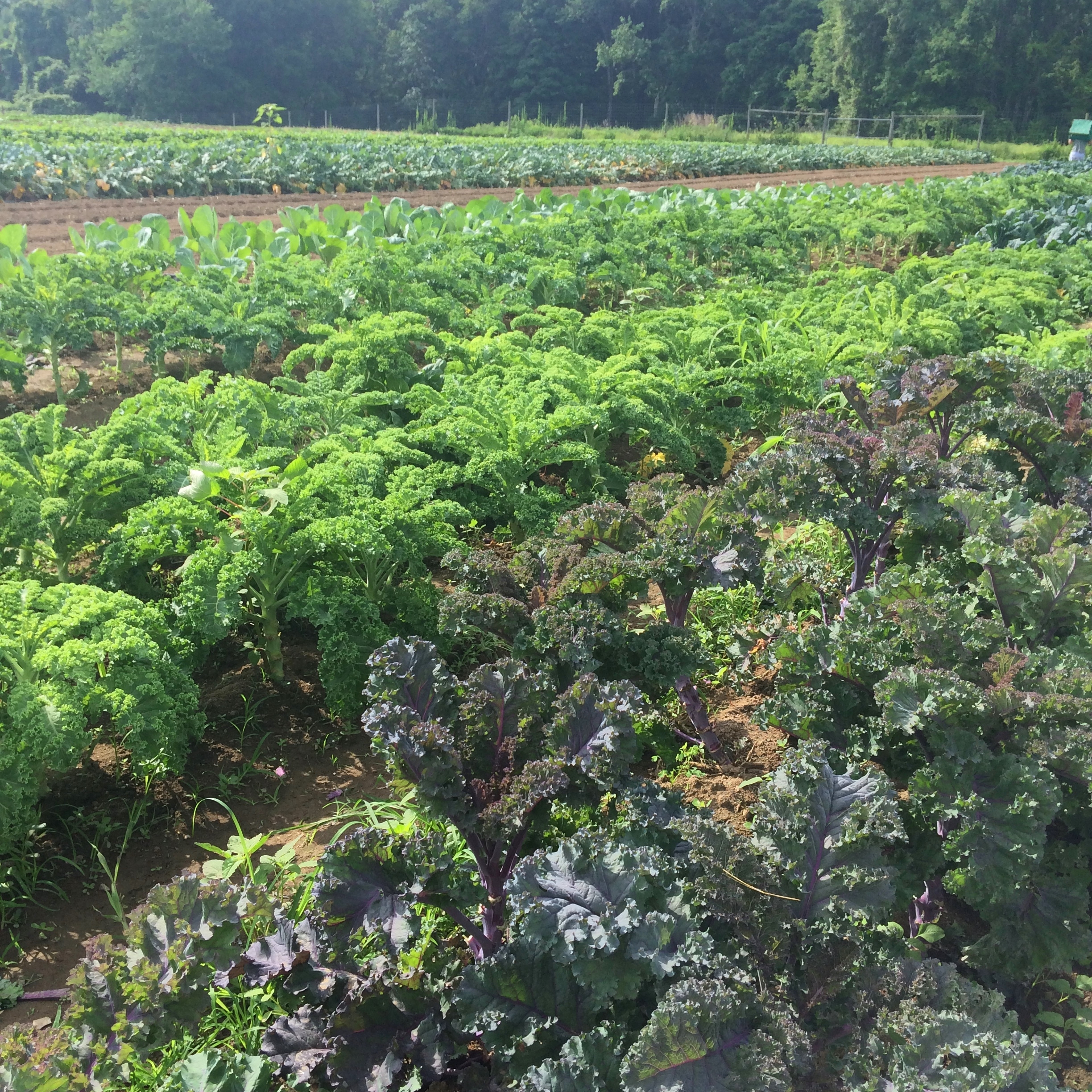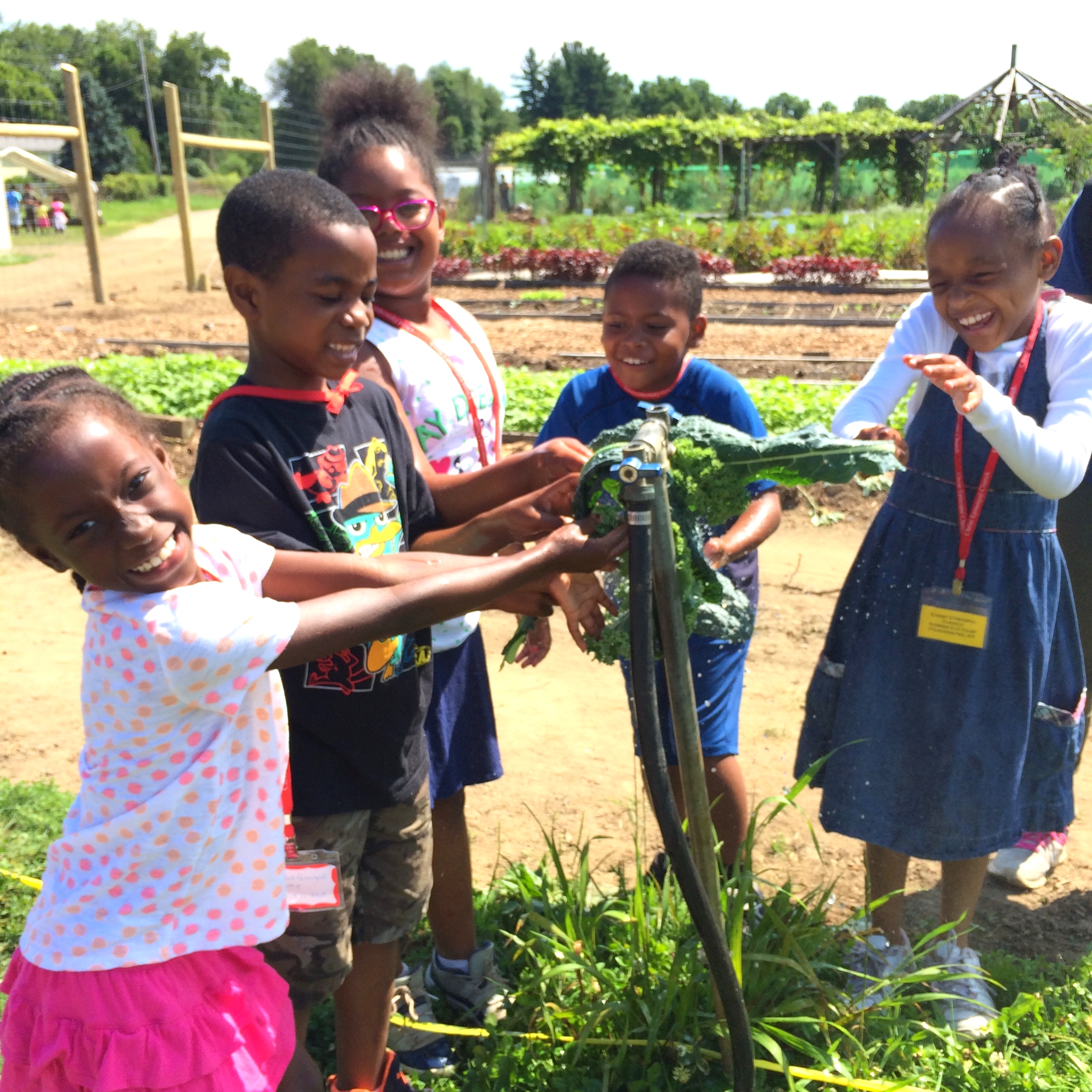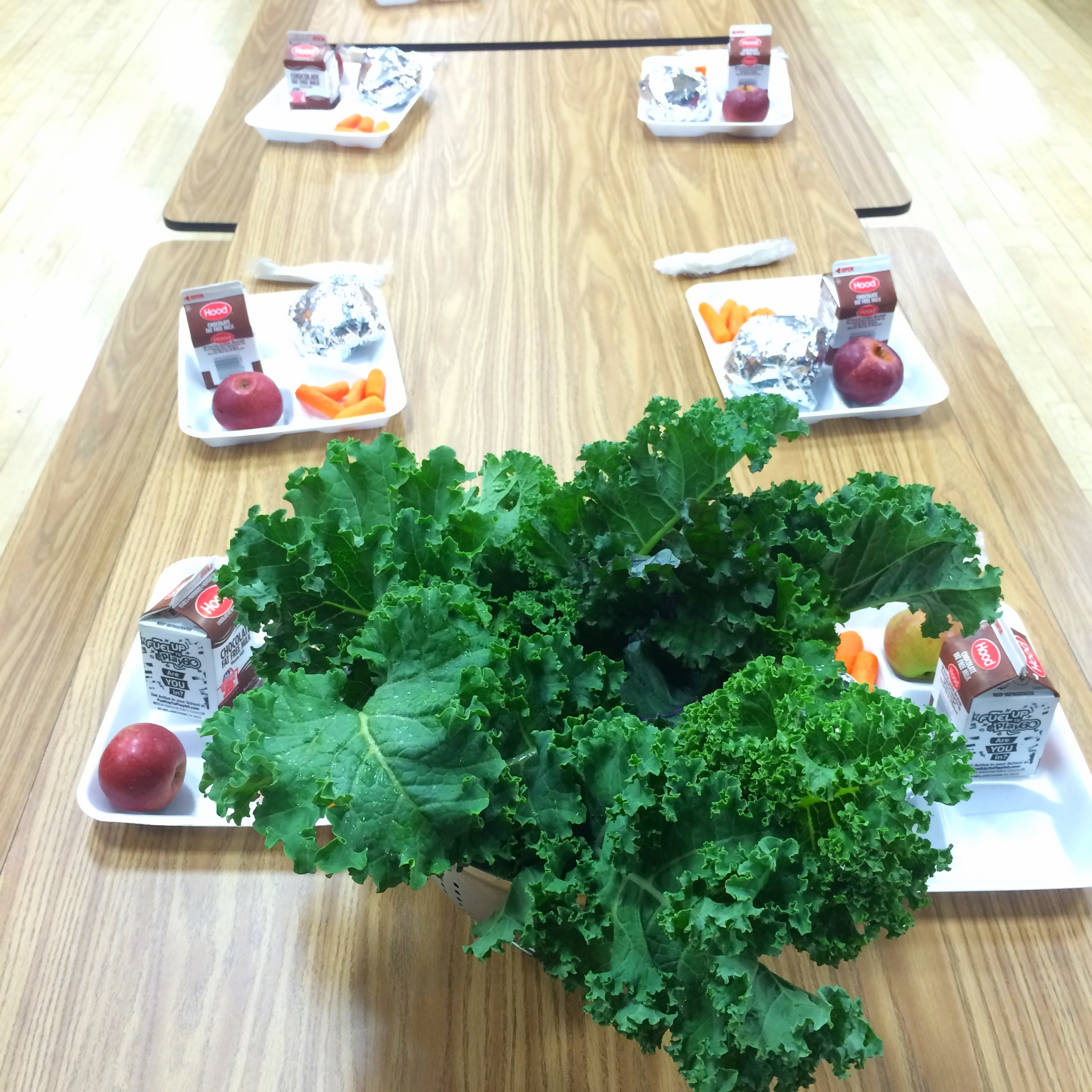Intern Finds Inspiration at PFP
by Anthony Walker, Education Intern
One of my academic interests has always been food and farming: how can we provide enough quality food for everybody without exploiting workers and undermining ecosystems? I often can only see the obstacles – pest resistances, ecological damages, low quality food, wasted food, poor wages for farm workers, poor working conditions, depletion of soil health, food deserts – the list goes on. The question of individual action always comes up: what can we as individuals do to help?
The easy conclusion is: nothing. Nothing I do seems to change the ecologically unsustainable and socially unjust practices of large agribusinesses and industrial farms. They have seemingly endless social and political power. It’s difficult to imagine a world without them.
But after working at Poughkeepsie Farm Project, I have some more hopeful answers to the question. I have answers that I couldn’t have found in any class: pick and taste a leaf of kale right off the plant with elementary school kids who cannot contain their excitement (that’s right, second graders love raw kale!); model sustainable practices by taking care of the soil and growing beautiful plants chemical free; and just admire the infinite varieties of squash and lettuce.
The work of Poughkeepsie Farm Project does more than just give an option to conscious consumers. At PFP, our separation from the food we eat disappears. Kids, teens, and adults alike watch seeds turn into meals. They see the power of healthy soil, in their own hometown. At PFP, class distinctions begin to fade. Food pantries around Poughkeepsie benefit from the harvest as much as shareholders. And every kid in City of Poughkeepsie schools gets to taste the fresh veggies at the farm, in their school gardens, or in their school cafeterias. PFP aims for the Poughkeepsie community to not only reimagine, but also embody an alternative to industrial food production and consumption.
Working at PFP, I’ve seen that while large industrial farms have lots of power, small community farms have power of their own. It is a more democratic power. It comes from the community in the form of CSA shares, community gardeners, and even simple excitement about the food we grow; and it returns to the community in the form of healthy, accessible fresh produce.
When I read about the seemingly insurmountable challenges in farming systems, I try to force myself not to despair. But at PFP, who could despair when tasting the delicious squash soup? Who could despair amidst the excitement of a second grade raspberry tasting? Who could despair while surrounded by people working towards a vision of the world that they believe in?





